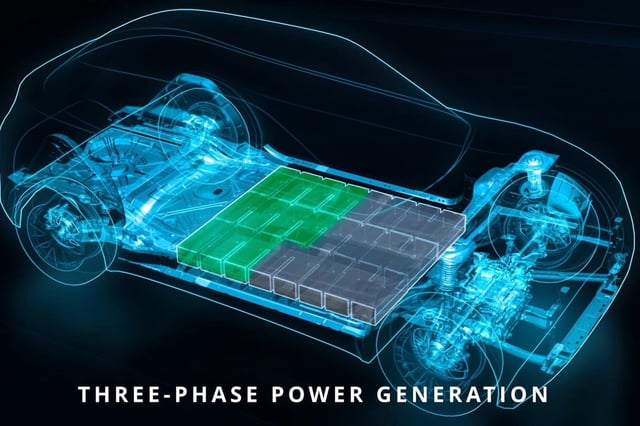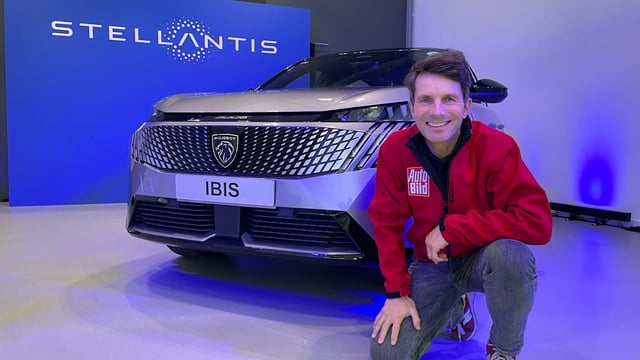Overview
- The IBIS prototype has been installed in a roadworthy Peugeot e-3008 on the STLA Medium platform, and on-road validation has started in 2025.
- The architecture folds inverter and on-board charger functions into the battery, delivering AC directly to the motor and accepting AC for charging.
- Stellantis reports up to a 10% energy-efficiency gain (WLTC), about 15% higher peak power (172 kW vs 150 kW), roughly 40 kg weight savings, and around 15% faster AC charging (for example, 7 hours to 6 hours at 7 kW).
- Safety and service claims include low voltage when powered off (~20 V overall, under 60 V per module), module-level fault bypass, flexibility to mix module chemistries for repairs, and readiness for bidirectional use.
- The prototype uses six-cell switched blocks (288 cells total) with MOSFET-based reconfiguration; broader deployment is presented as possible late this decade pending validation, with similar concepts also pursued by Porsche Engineering and Pulsetrain.

